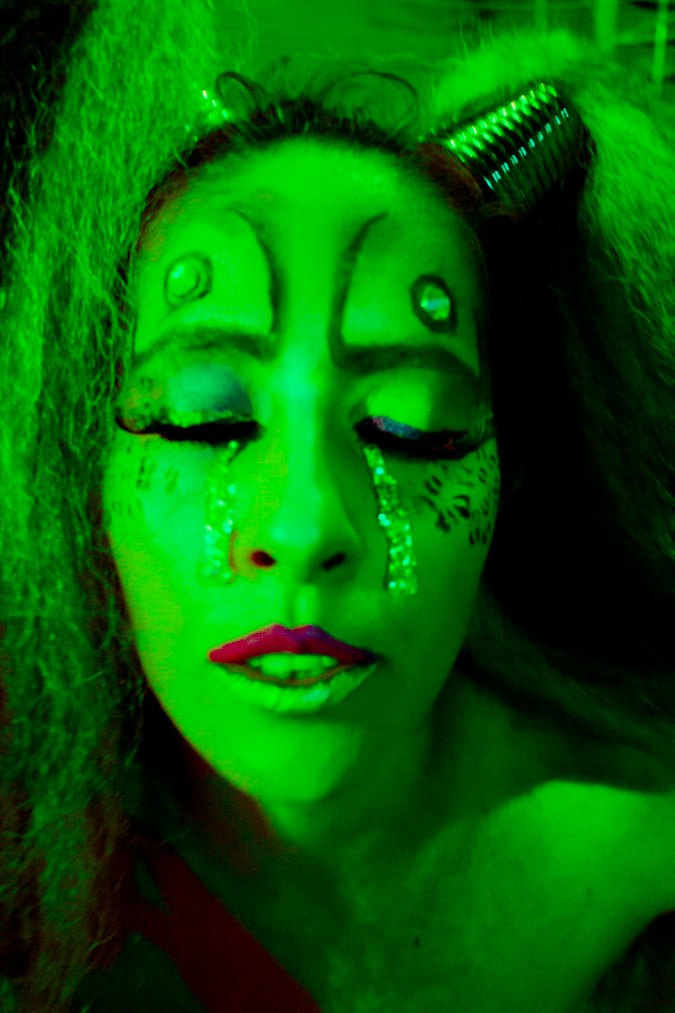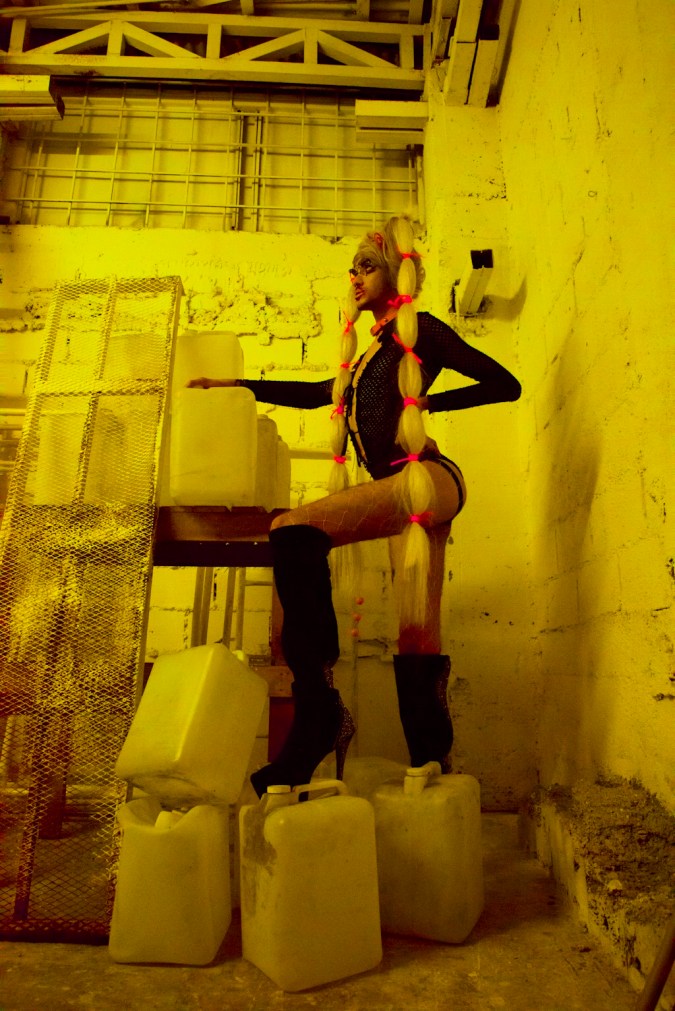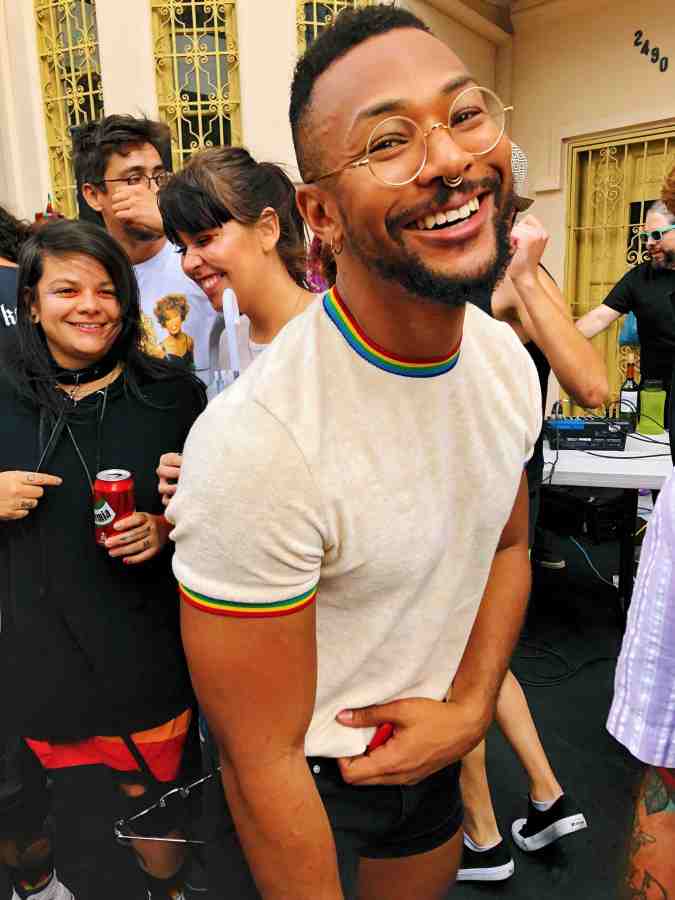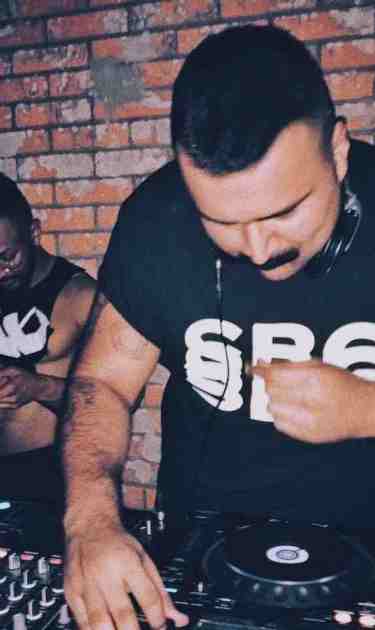Early in 2018 – at the height of a sleepy presidential election race – Costa Rica was unexpectedly rocked by a series of developments that transformed the national political conversation. Between December and January, former evangelical pastor Fabricio Alvarado surged in the polls after railing against the Inter-American Court of Human Rights’ ruling in favor of same-sex marriage, which he deemed a violation of Costa Rican sovereignty.
Once a dark horse, Alvarado became a campaign front-runner and right-wing firebrand through hardline stances against LGBTQ equality, reproductive rights and access to in vitro fertilization, giving a voice to Costa Rica’s religious and socially conservative masses. Ultimately, center-left candidate Carlos Alvarado Quesada prevailed with a decisive victory of 60% of the vote versus Fabricio Alvarado’s 40%, yet the bruising electoral season had already cast an unavoidable spotlight onto a greater social debate.
“All of Latin America is in crisis, and we need to think about how we can work together.”
Costa Rica has been heralded as a beacon of Latin American progressiveness thanks to sweeping environmental protections, a steadily growing economy and comprehensive women’s rights legislation. But while many of these achievements have received international praise, last year’s election was a poignant reminder that Tico life is not always as idyllic as it seems. Racism is a constant battle for Afro-Costa Rican and Indigenous communities, despite a highly visible presence in the provinces of Limón and Guanacaste. Another recent point of contention are the Nicaraguan immigrants fleeing the oppressive Ortega regime, leading to heated debate over the resources Costa Rica is willing to allot towards aiding refugees.
“All of Latin America is in crisis, and we need to think about how we can work together,” remarks drag artist La Cholla Jackson, a local provocateur and founding member of queer performance collective Haus of Weisas. La Cholla and her counterparts, La Chuiquiatrica and Miley Garza, are known for orchestrating rabble rousing artistic interventions loaded with cutting socio-political subtext – a growing trend within Costa Rica’s vibrant creative community.


After a San José congressman campaigned on a platform of cleaning up parks and streets by removing sex workers and “transvestites,” the Weisas showed up at the polls ready to cast their votes in full drag. During last year’s Semana Universitaria festivities, held at the University of Costa Rica, La Cholla officiated two extravagant queer weddings complete with bachelor parties, honeymoons and divorces. These productions follow a long history of queer dissidence, which as La Cholla explains, “Drag can be political, and it can be social, but not always how people expect.”
The Weisas oscillate in and out of the club, ready to take their rowdy performances to the streets whenever necessary, but the role of nightlife as a chain-breaking tool of LGBTQ liberation is far from forgotten. Raids of queer spaces were woefully common through the 1970s and 1980s, particularly at the height of the AIDS crisis, which claimed its first Tico life in 1985. In March 1987, a raid of popular bar La Torre became the largest sweep in Costa Rican history, with 253 people arrested under the charge of “immoral behavior.” Subsequent outrage, as well as pushback against an unpopular proposal by then-president Óscar Arias to make HIV testing mandatory for state employees, laid the groundwork for a series of social reforms that ended raids in the early 1990s and decriminalized sodomy in 2002.

Nightclubs have long been a safe haven for queer and trans people seeking social context and understanding, and Costa Rica is no exception to the rule. La Torre, Deja Vu and the iconic La Avispa – a lesbian bar open for more than 40 years and run by local legend Ana Vega – have all been instrumental to consolidating a local LGBTQ community.

“When I got here in ‘96, there was already a long history of resistance,” says Juan Carlos Pérez Vega, former owner of popular nightclub Bochinche. Pérez and his partner, Aldo Agüera, migrated from Puebla, Mexico in 1996, seeking a life away from homophobic oppression, which he says Costa Rica was able to offer at the time. “I didn’t have to live through the tough years,” he adds. “Back then, you could just go to the city offices, get the necessary permits and open your doors as a regular business.”
Bochinche was a staple of San José nightlife for 22 years, born in 1997 as a restaurant “de ambiente,” a discreet phrase suggesting they catered toward a mostly queer clientele. Drag shows were introduced in the early aughts, and the kitchen was eventually closed in 2013. Bochinche was also one of the first clubs to embrace the “barra libre” model, which means paying a base cover granted patrons open bar access all night long – an extremely appealing concept for students and other budget-conscious customers. Feeling the wear and tear of two decades running one of the city’s most popular clubs, Pérez and Agüera sold Bochinche in January 2019, at a time when they also sensed a turning tide in local trends.
“When I got here in ‘96, there was already a long history of resistance.”
When the 2009 EDM craze exploded, dance music enthusiasts began migrating from barra libre clubs to boundary-pushing parties with a fresher, more curated vibe. For a new generation of hedonistic revelers, pop divas were out and Instagram-ready experiences were in.

“People started showing up at parties that were completely disconnected from pop culture because that was the new pop culture,” says Myno, one of Costa Rica’s top DJs and promoters. From his early days playing electro-cumbia at clubs like El Trece and the legendary Steinvorth building to frequenting circuit parties at Club O and Venue, Myno has kept a keen eye on the scene for more than 15 years. “I never really liked the [circuit] parties, but they took me out of my comfort zone,” he reflects. “It was an opportunity to study and learn about the market.”
This wisdom has proved invaluable, with Myno’s events becoming some of the most buzzed-about parties in San José. With Amor Disco, he tapped into a nostalgic love of disco music, even throwing the occasional early-afternoon tea dance. Meanwhile, Sad Boys Club, which he started with fellow DJs Warren and Mntjy, has become a local behemoth that serves up hip-hop and trap to an edgy, fashionable crowd. “It has an Internet feel,” he says. “The conversation around SBC has always been about creating safer spaces, particularly in La California [San Jose’s nightlife epicenter], where 90% of the patrons are straight. The club is still an essential safe space for the LGBTQ community.”

Safety remains a top concern for the clubbing underground, which also includes perreo heavyweights, such as WILA and Angelitas, but the truth is not everyone feels welcome in these spaces. “I don’t really go to bars,” says Victoria Rovira Hernández, a 24-year old transgender activist leading gender and sexuality sensitivity trainings at a corporate level. “If I go to a straight club, I’ll be worried for my safety,” she adds. “And if I go to queer spaces, I’m often made the butt of jokes. [Many events] want to claim inclusivity but rarely invite trans people or lesbians. It’s mostly for gay white men.”
The assessment might be harsh, but Hernández’s work and personal experiences have made her a fountain of knowledge. Shortly after being sexually assaulted and receiving negligent medical care in 2016, she was invited to share her story at a conference gathering numerous advocacy groups. “I spoke before government officials, representatives for the United Nations, the ambassador of the Netherlands and many others,” she remembers. Hernández has also spoken at the United Nations and co-founded Colectiva Trans-Parencias in 2018, an organization empowering projects lead by trans women in education, culture, health and politics. She is also quick to highlight the work of activist predecessors, such as Ana Jansey, Natasha Jiménez and Diana Hernández, who founded Transvia, the largest support network for Costa Rica’s homeless trans community.
“I think we need to fight more and offer our help to people who really need it,” says Tokyo Prodigy, a prominent 17-year-old voguer within Costa Rica’s burgeoning ballroom scene, which leans into the culture’s long-running history of outreach. “With homeless kids selling food on buses or being driven into sex work, ballroom can provide refuge and guidance.”
“Ballroom can provide refuge and guidance.”
Costa Rican ballroom is still in its infancy, taking off about three years ago by Prodigy’s estimate. However, a thriving kiki scene is steadily spreading the gospel, and in November 2018, the first major competitive ball was held, welcoming teachers, dancers and legends from the U.S. and Europe. Like Hernández, Prodigy is eager to center local trailblazers, including Anthony Revlon, Cesar Wes, Minor and Nina Ubetta, and his own alma maters, the Kiki House of Fenty and the Legendary House of Prodigy.
After all is said and done, Costa Rica will continue attracting attention for its admittedly progressive outlook, particularly at a time when far-right sentiment is on the rise at a global scale. However, the general consensus from these conversations is Ticos are frustrated with their perceived idyll, the reality of which is far from the utopian narratives spun in recent years. Victories like same-sex marriage going into effect in time for Pride 2020 and the Instituto Nacional de la Mujer (INAMU) recognizing trans women under their code of protections are worthy of celebration. Meanwhile, a recently proposed bathroom bill emblematic of virulent U.S. influence is a sobering reminder of battles yet to come.
“These are the things that motivate us to carry on,” muses La Cholla Jackson with a chuckle, “being necias.”




